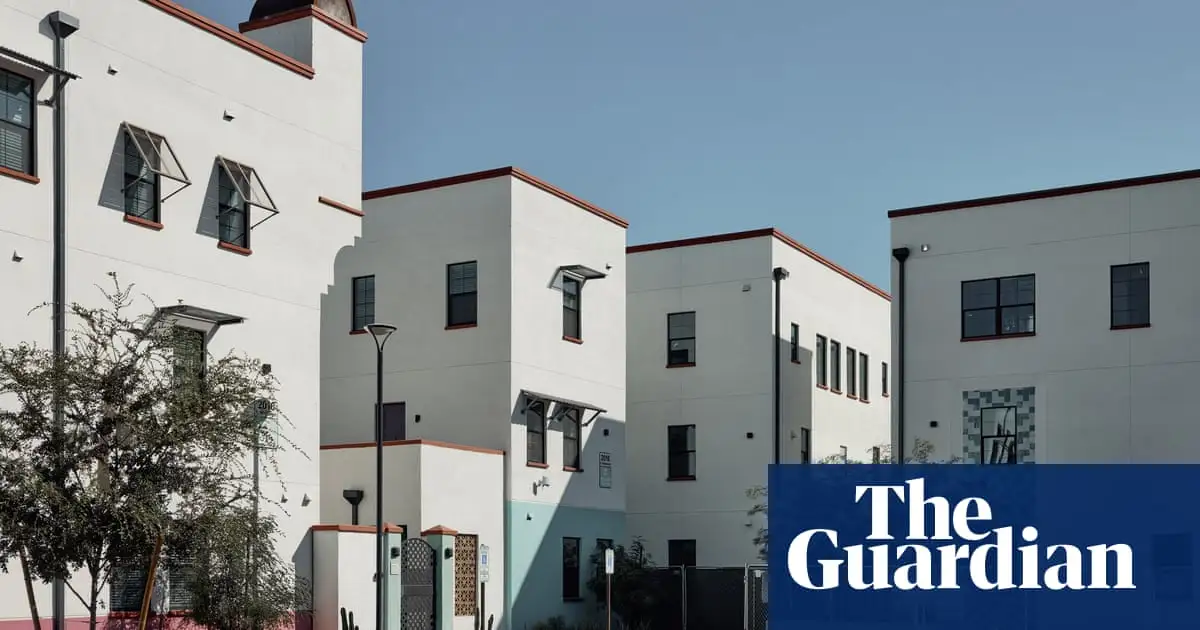‘People are happier in a walkable neighborhood’: the US community that banned cars
‘People are happier in a walkable neighborhood’: the US community that banned cars

www.theguardian.com
‘People are happier in a walkable neighborhood’: the US community that banned cars

A new housing development outside Phoenix is looking towards European cities for inspiration and shutting out the cars. So far residents love it - The Guardian
